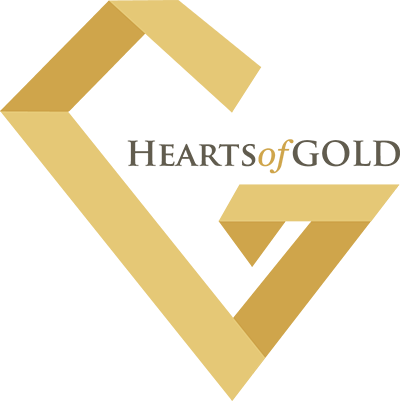ATDD’s LaToya Myles Co-Authors Paper on Diversity in the Geosciences
August 2019
August 2019
“Developing scientists as champions of diversity to transform the geosciences” was recently published in the Journal of Geoscience Education, a publication known for highlighting efforts to improve diversity across scientific disciplines. Dr. LaToya Myles, Deputy Director of ARL’s Atmospheric Turbulence and Diffusion Division (ATDD), co-authored the paper along with her fellow principal investigators (PIs) in the Hearts of GOLD (Geosciences Opportunities for Leadership in Diversity) Project sponsored by the National Science Foundation (NSF). As indicated by its title, this paper focuses on social science and diversity; a first for Myles whose previous publications were traditional scientific papers related to her atmospheric chemistry and deposition research.
Anyone who knows Dr. Myles is aware of her enthusiasm for engaging with all types of audiences to communicate the value of science and scientific research, so it comes as no surprise that she thoroughly enjoyed the challenge of studying the geosciences from a different perspective. When asked to summarize the importance of the project and resulting paper, LaToya responded, “The scientific community benefits from improving diversity and inclusion. Studies like ours demonstrate that embracing different perspectives and experiences creates a stronger community which ultimately fuels creativity and research innovation.”
The NSF Directorate for Geosciences released a very different call for proposals in 2016, one entirely focused on opportunities for creating change in the geosciences. Applicants vied for spots in what the agency termed an Ideas Lab – an “intensive workshop focused on finding innovative solutions to a grand challenge problem”. GOLD began with a multi-day event featuring facilitated interactions, exercises, and breakout groups that developed and presented their concepts to NSF funding officers. Five projects were selected for implementation and three years of funding, Myles’ team’s Hearts of GOLD among them.

With a stated goal “to help develop champions for diversity in the geosciences by targeting established leaders in scientific research who have a history and interest in diversity, despite little or no training on the topic,” this project centered on allophilia, defined as love of the other. Approximately 50 individuals, mostly mid- to senior-level career scientists, participated in the group’s two training institutes; discussing topics like implicit bias, diversity, equity, inclusion, and formulation of a culture that enables people to bring their whole selves to work. Foregoing traditional strategic objectives measured via metrics, Myles and her co-PIs instead focused on creating a real shift in feelings and culture across disciplines. Their idea was to train a group of scientists from across disciplines and industries, allowing them, in turn, to disseminate the idea of an inclusive mindset throughout their respective networks. The culmination of these efforts is the peer-reviewed paper highlighted here.